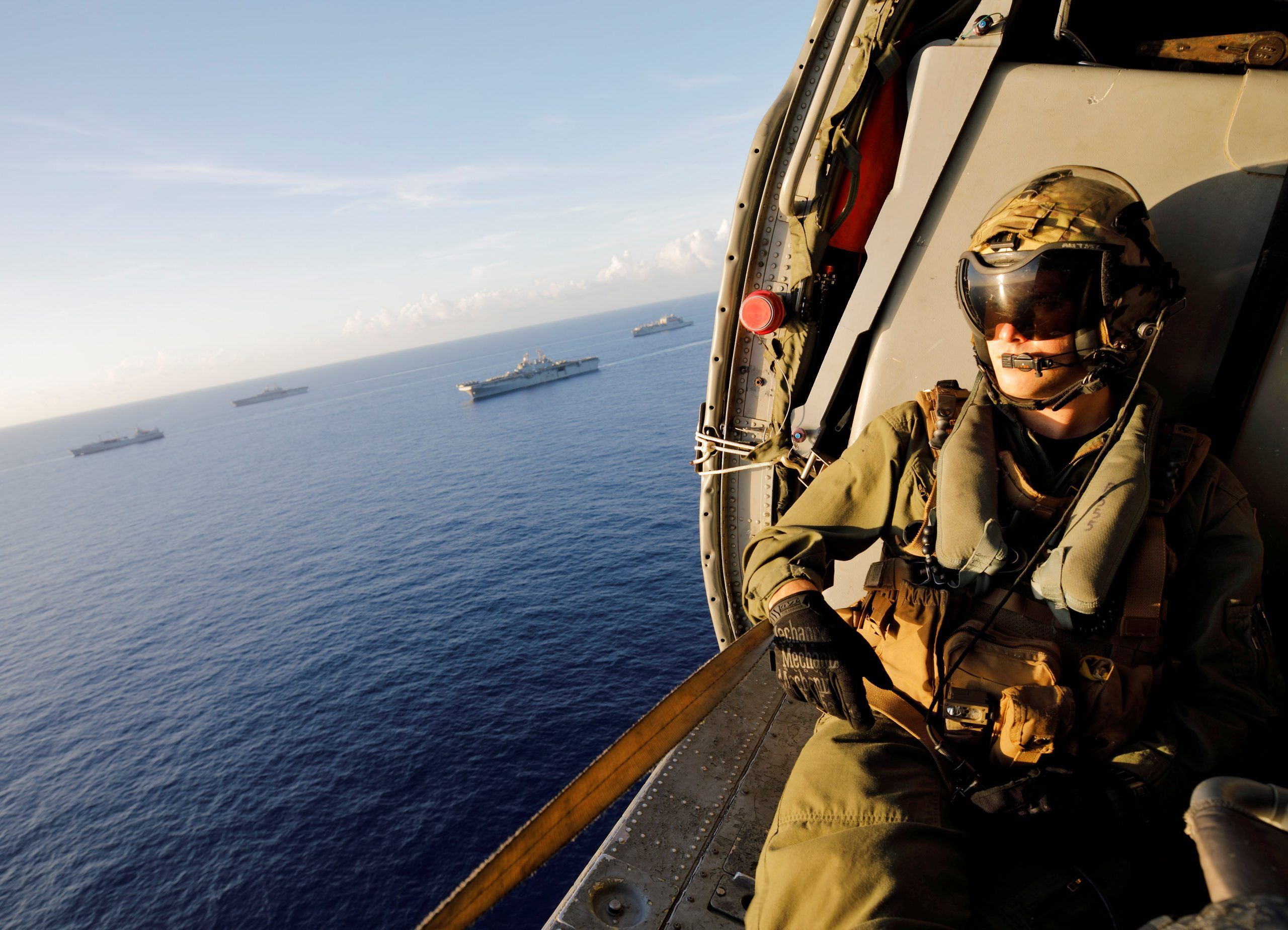By Marianna Parraga
May 22 (Reuters) – A flotilla of five tankers carrying Iranian fuel for gasoline-starved Venezuela is approaching the Caribbean, with the first vessel expected to reach the South American country’s waters on Sunday, according to Refinitiv Eikon tracking data.
Iran is supplying about 1.53 million barrels of gasoline and alkylate to Venezuela, according to both governments, sources and calculations made by TankerTrackers.com based on the vessels’ draft levels.
The shipments have caused a diplomatic standoff between Iran, Venezuela and the United States as both nations are under U.S. sanctions. Washington is considering measures in response to the shipments, which the administration believes are being paid with gold, a U.S. official told Reuters last week.
Venezuela’s defense minister said the military will escort the tankers once they reach the nation’s exclusive economic zone.
Venezuela Military to Escort Iranian Fuel Tankers -Defense Minister
Iran-flagged tanker Fortune, the first in the flotilla, was approaching the Caribbean Sea on Friday. It has been navigating with its satellite signal on since it passed the Suez Canal earlier in May. The four other vessels are following the same route across the Atlantic Ocean, the Eikon data showed.
The OPEC-member country desperately needs fuel to feed up to 1,800 gasoline stations that have been partially closed for weeks due to insufficient supply from state-run PDVSA’s refineries, which until March worked at about 10% of their joint capacity of 1.3 million barrels per day (bpd).
Venezuela was consuming 170,000 bpd of gasoline before coronavirus-related lockdown measures. Fuel sales at stations declined to about 40,000 bpd due to rationing, according to independent calculations.
Over a decade of mismanagement and lack of staff combined with U.S. sanctions that since 2019 have limited imports have left the refineries in poor condition. Shipments of equipment in flights by Iran‘s Mahar Air have arrived in Venezuela in recent weeks to start repair work.
(Reporting by Marianna Parraga Editing by Marguerita Choy)


